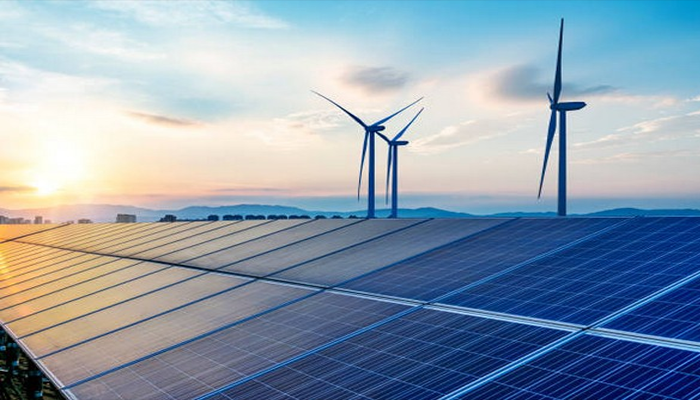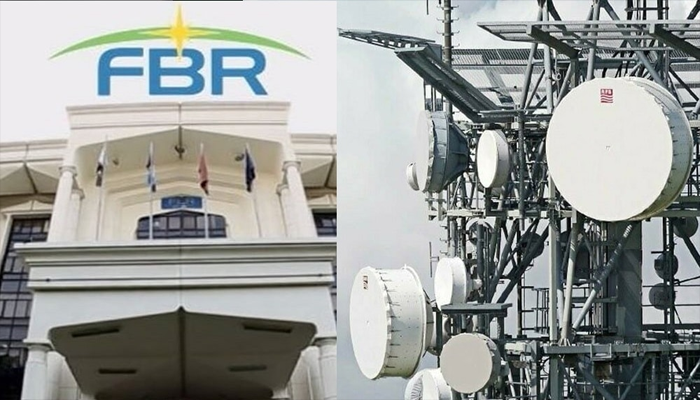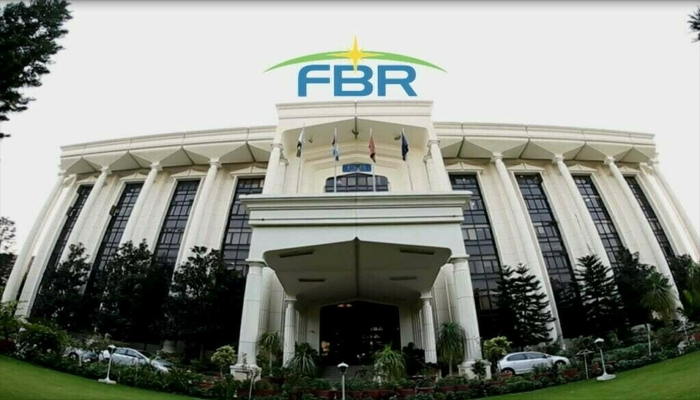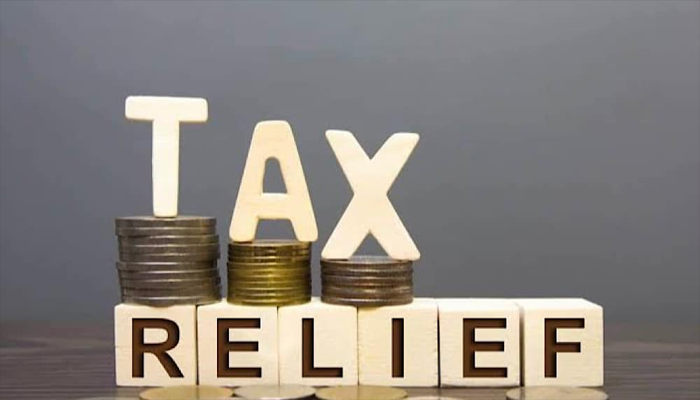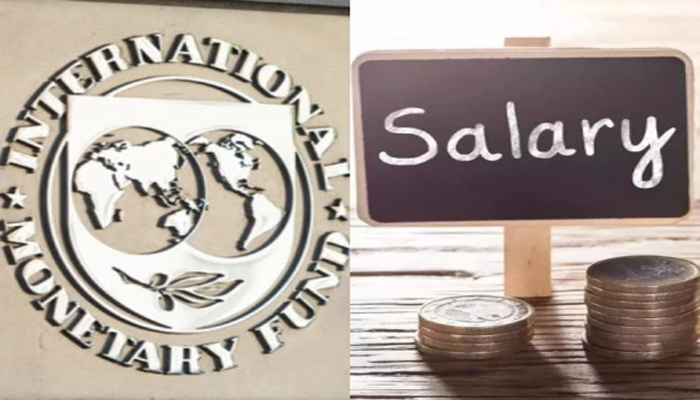ISLAMABAD: In a surprising move that has drawn criticism from environmental advocates and industry stakeholders, the federal government has proposed an 18% sales tax on imported solar panels in the Budget 2025-26.
The measure, presented by Finance Minister Muhammad Aurangzeb in the National Assembly on Tuesday, is part of broader revenue-generation efforts as the government looks to stabilize public finances.
Previously, imported solar panels were exempt from sales tax to promote clean energy and reduce Pakistan’s reliance on fossil fuels. The proposed 18% tax has sparked concerns that it could derail the country’s transition toward renewable energy and make solar installations unaffordable for many households and small businesses.
According to the budget documents, the tax will apply to both solar panels and inverters brought into the country. The government argues that the decision is aimed at promoting local manufacturing and reducing import dependence. “We are encouraging domestic solar production by rationalizing tax structures,” said a senior official from the Ministry of Finance.
However, solar industry representatives warn that the move will increase costs by at least 20–25%, discouraging adoption and slowing growth in the sector. Pakistan Solar Association (PSA) President, Faraz Tariq, called the decision “a setback for green energy progress.” He said that imported panels still dominate the market due to the limited capacity of local manufacturers. “Without a viable local supply chain, this tax could severely disrupt solar adoption across Pakistan,” he added.
Environmentalists have also condemned the proposal, pointing out that it contradicts Pakistan’s climate commitments under international agreements. “This move goes against the spirit of clean energy promotion and will hurt efforts to combat climate change,” said climate activist Sana Malik.
The proposed tax comes at a time when Pakistan is facing an energy crisis and soaring power tariffs. Many middle-class consumers had turned to solar panels as an alternative to reduce their electricity bills.
As the budget is debated in Parliament, stakeholders are urging the government to reconsider the tax and instead offer incentives to both importers and local manufacturers to build a sustainable solar energy ecosystem.

